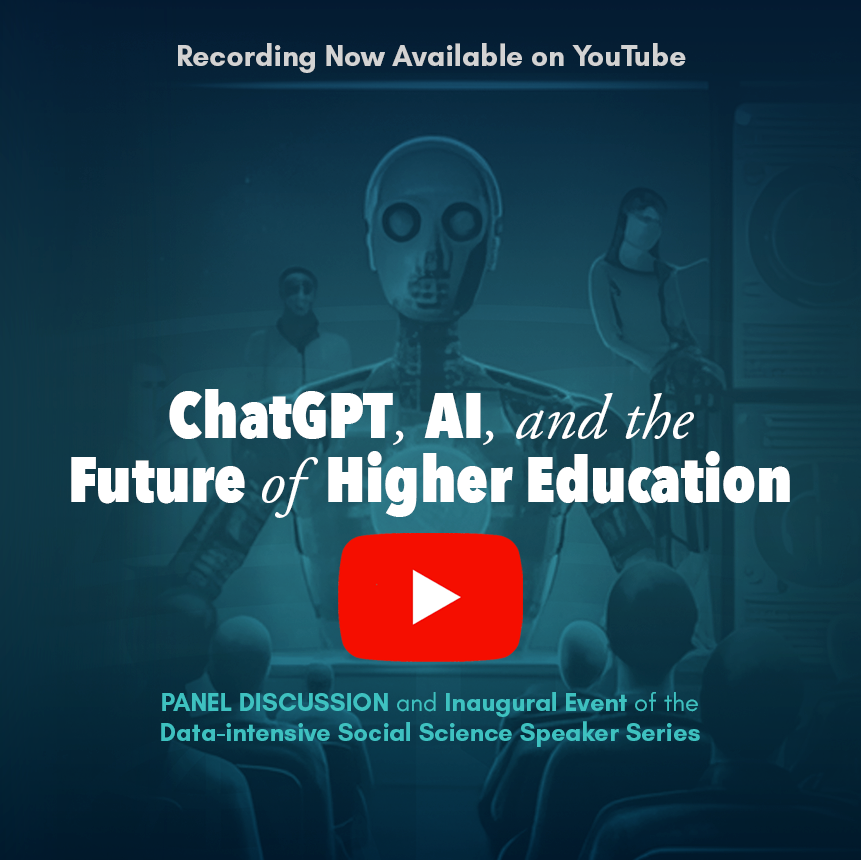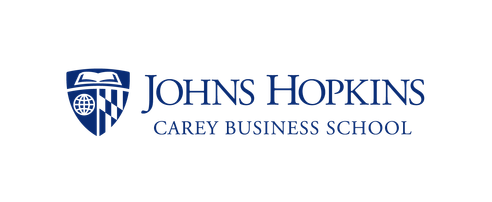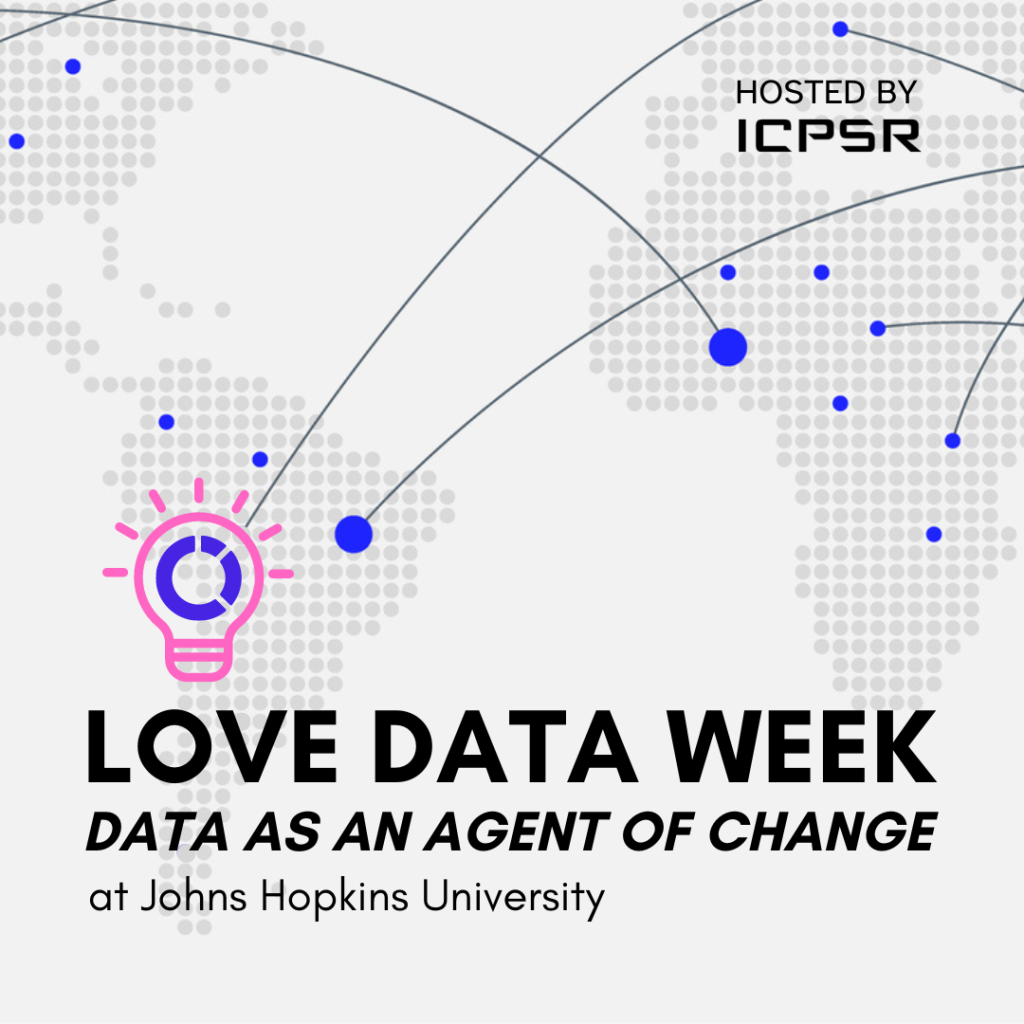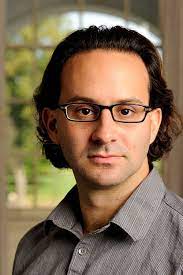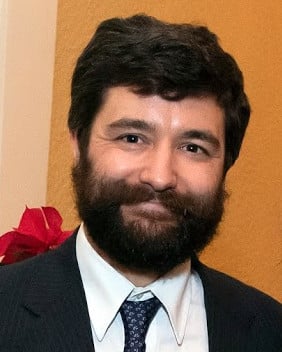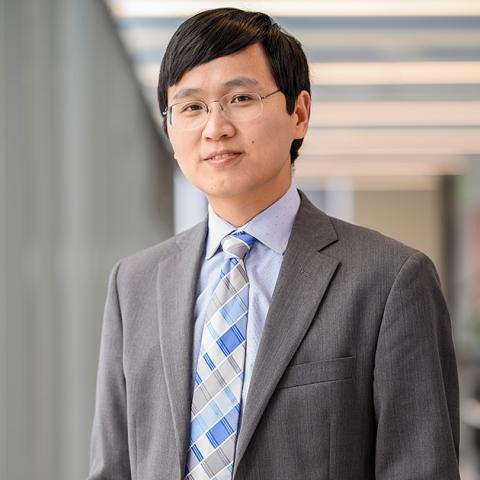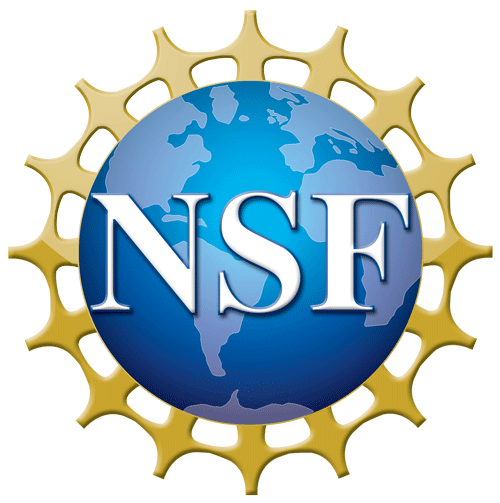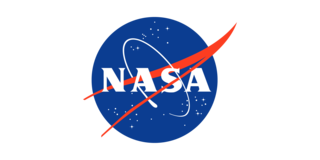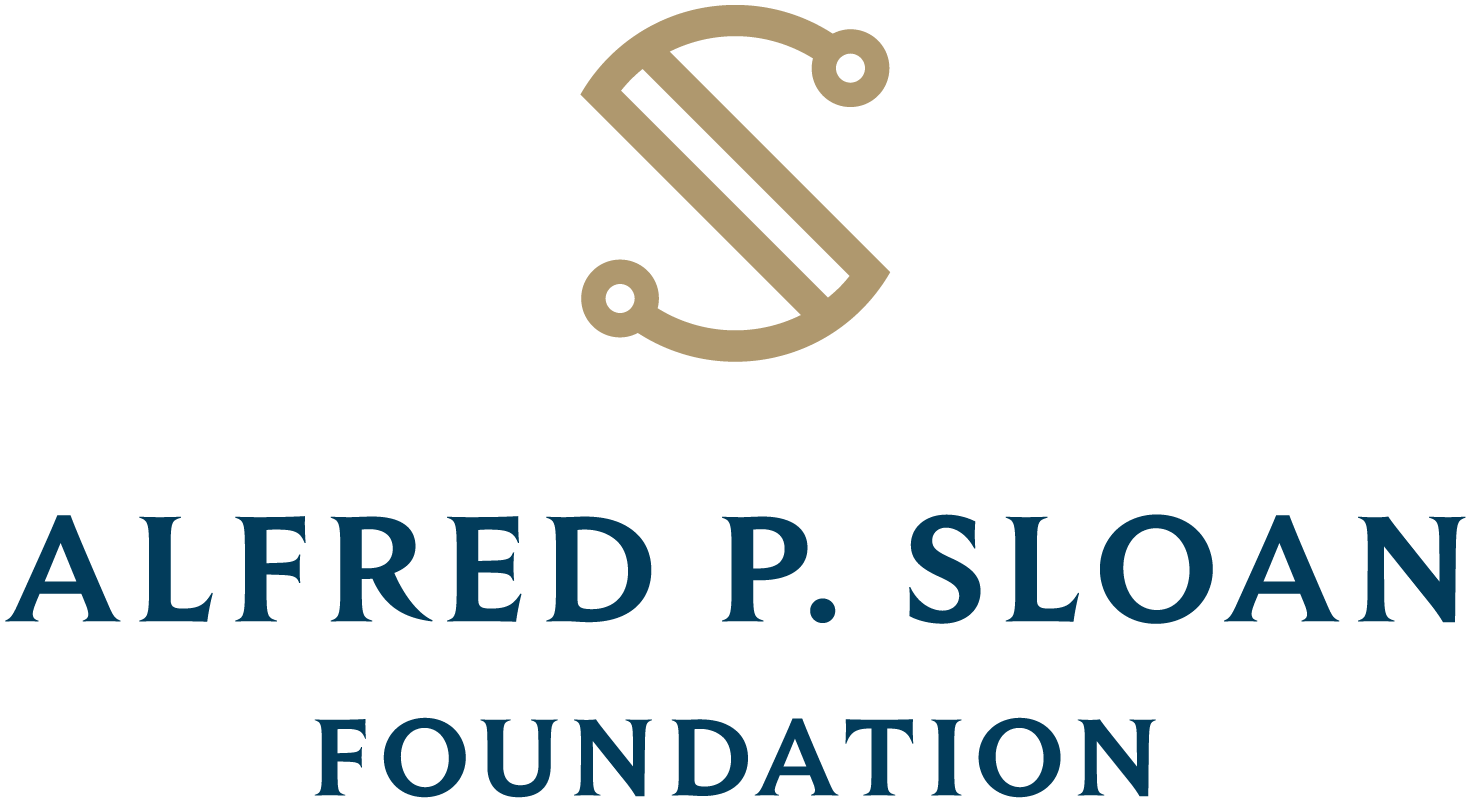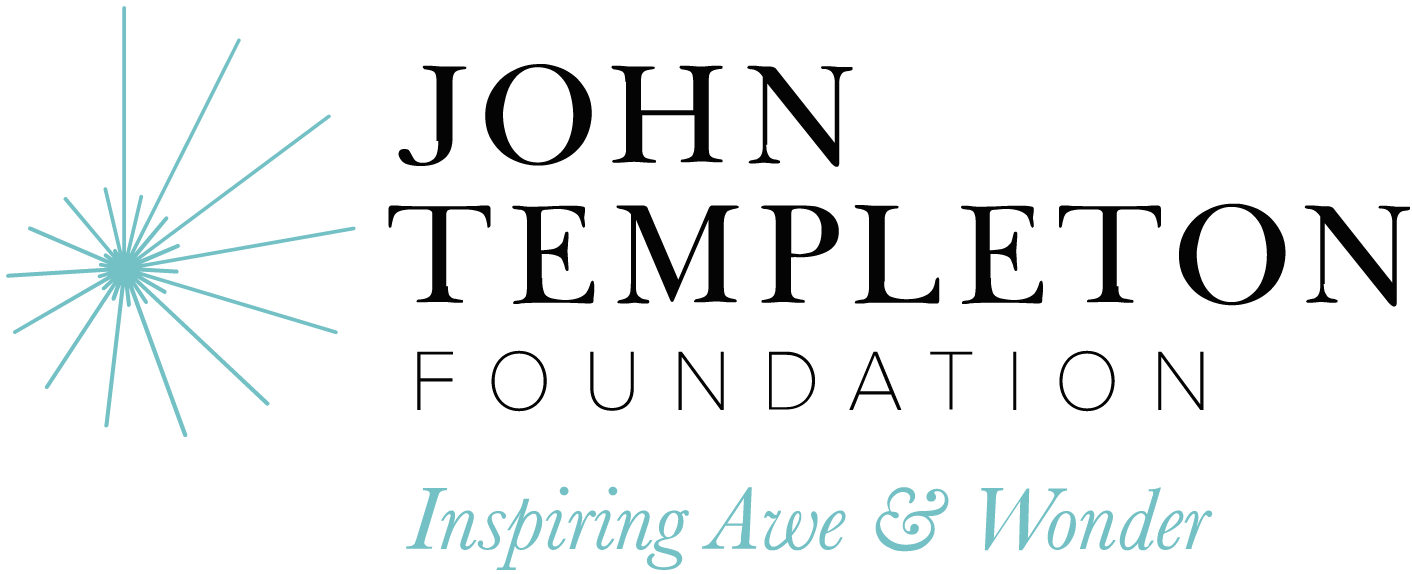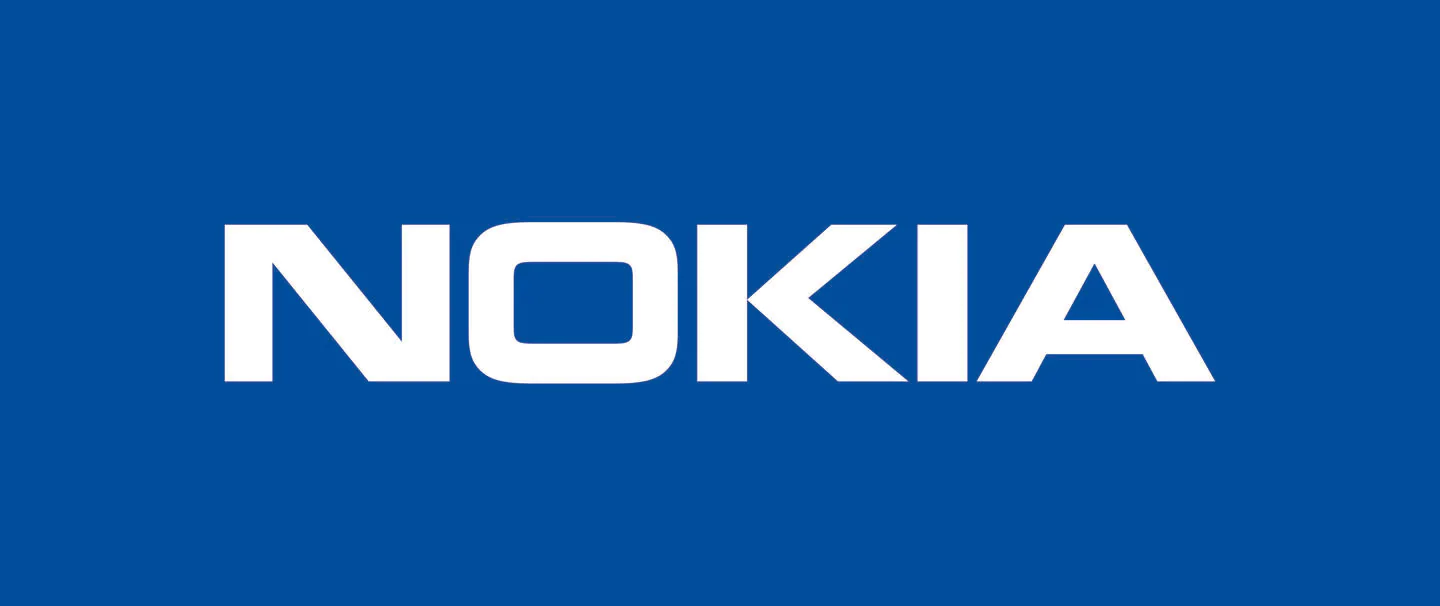
- This event has passed.
ChatGPT, AI, and the Future of Higher Education
February 16, 2023 @ 2:00 pm
ChatGPT, AI, and the
Future of Higher Education
A Virtual Panel Discussion
Inaugural Event of the Data-Intensive Social Science Speaker Series
Thursday, February 16th, 2023
2:00pm–3:30pm
Hopkins affiliates, Open to the Public
*The paragraph below was written by an AI tool and does not necessarily reflect—or include—all topics that will be covered in the discussion. Please read on for an event description composed by a human.
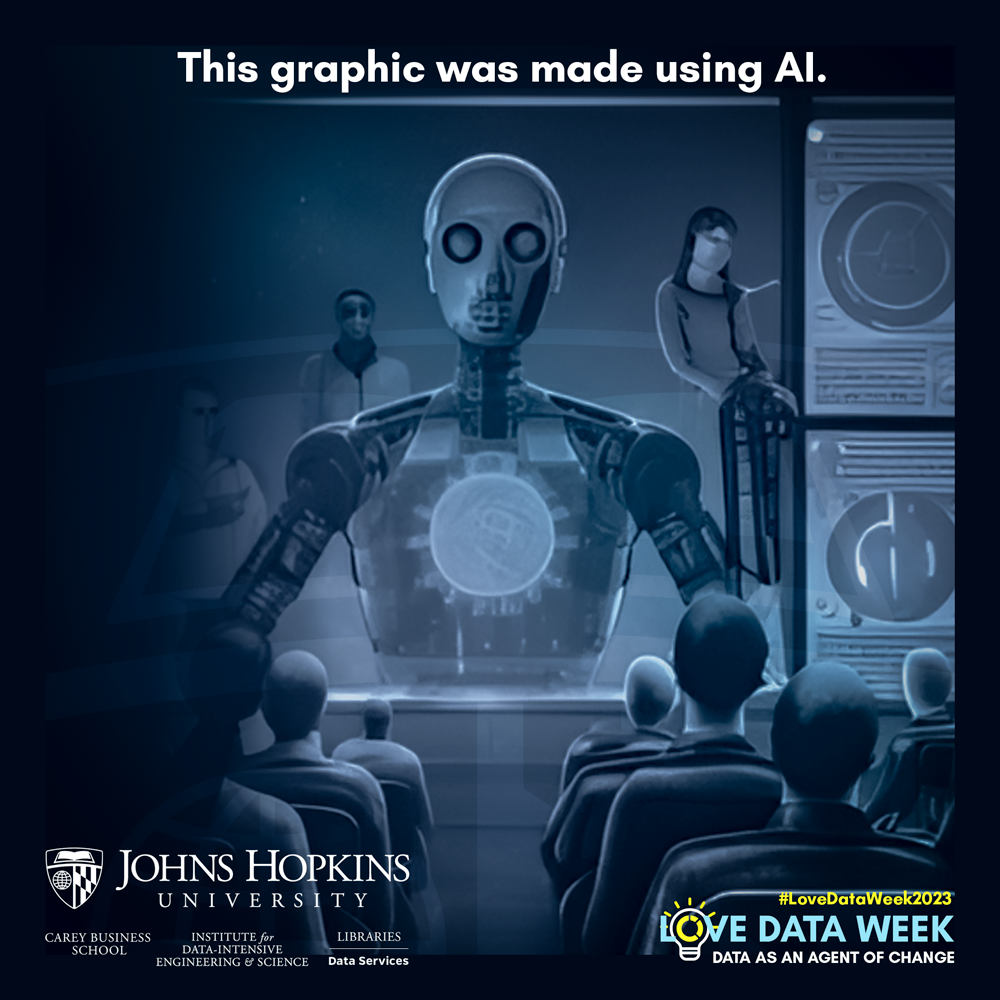
Join us for a thought-provoking panel discussion on the future of higher education and the implications of ChatGPT. Our expert speakers will take a critical look at the potential consequences and ethical conditions of using this powerful tool in academia.
From data collection and analysis to the impact on society, this panel will explore the complex issues surrounding the integration of ChatGPT in higher education.
Don’t miss this opportunity to engage in a meaning dialogue and gain a deeper understanding of the future of academia. Register* now for the “ChatGPT and the Future of Higher Education” panel discussion and be a part of shaping the responsible use of technology in higher education.*
Menu
Over the past year, consumer-facing apps such as ChatGPT, Open AI’s Dall-e-2, and DeepAI have exploded in popularity.
For the first time in history, generative AI is widely accessible (and in many cases, free) to the general public.
In mere seconds, anyone can generate original eye-catching artwork and complex prose for seemingly unlimited use-cases; imagery for a multi-thousand-dollar branding campaign, a slick avatar for social media, a viral new meme, or even a multi-page term paper, are now just clicks away. (But be aware: TurnItIn is deploying its own AI solution to detecting AI-generated classwork submissions, so maybe leave the AI out of the term paper).
While public eagerness to embrace these particular use-cases of AI signifies a considerable boon for software developers and the tech sector at-large, many individuals are left with questions, skepticism, and criticisms, such as:
What will become of the former tried-and-true “analog” solutions to meeting the world’s creative needs?
How do we reconcile cost-saving and effortless creation, with the fact that the world is full of graphic designers, illustrators, and copywriters, as well as students of these disciplines dedicated to their craft?
How do we address the argument that we’re outsourcing something as central—and until very recently, specific—to the human experience as the process of creating written and visual work?
Who is the legal owner and originator of assets produced by way of AI?
How will plagiarism and intellectual property disputes be resolved?
How do we reconcile cost-saving and effortless creation, with the fact that the world is full of graphic designers, illustrators, and copywriters, as well as students of these disciplines dedicated to their craft?
How do we address the argument that we’re outsourcing something as central—and until very recently, specific—to the human experience as the process of creating written and visual work?
Who is the legal owner and originator of assets produced by way of AI?
How will plagiarism and intellectual property disputes be resolved?
And, possibly, most importantly:
What other broader implications of consumer-facing AI are still beyond the current horizons of our imagination?
In partnership with two of its governing schools within Johns Hopkins University—Sheridan Libraries’ Data Services and Carey Business School—IDIES (Institute for Data-Intensive Engineering and Science) is thrilled to announce the first of several speaker events in their new Data-Intensive Social Science Speaker Series.
Join us as we explore these questions and more from the perspectives of leading AI experts, professors, and creatives in this virtual panel event. Read on to learn more about our panel experts, their backgrounds, and their relationship with AI.
This event is inspired by the annual LoveDataWeek, taking place this year from February 13-17th.
Learn more about this international series of events designed to promote the love of data science from its host, the Inter-university Consortium for Political and Social Research (ICPSR).
Meet Our AI Experts
(Panelists & Speakers)
Jenna Frye
Professional Bio
Jenna Frye has been a leader in art and design education for nearly 20 years. Jenna recently joined the faculty of the Multidisciplinary Design program at Johns Hopkins University where she explores the problem-solving potential of mixing Art/Design with Engineering.
Jenna’s creative work and ideas about education have been showcased nationally and at several annual conferences including the National Association of Schools of Art and Design, The Association of Independent Colleges of Art and Design, and The College Art Association. Frye holds a Bachelor of Science in Psychology as well as an MA in Digital Art and an MFA in Sculpture.
Jared Kaplan
Affiliations
Co-founder, Anthropic; Associate Professor, Department of Physics & Astronomy, Johns Hopkins University
Professional Bio
Jared Kaplan is a theoretical physicist, computer scientist, and AI entrepreneur. He holds a B.S. in Physics and Mathematics from Stanford University, a Ph.D. in Physics from Harvard University, and has completed postdoctoral fellowships at SLAC and Stanford. He has been a professor of physics at Johns Hopkins University since 2012, where his research spans a diverse range of fields, including cosmology, particle physics, dark matter, and quantum gravity. His work has been recognized with prestigious awards and grants, including a Sloan Foundation Fellowship, an NSF CAREER grant, and he is a principal investigator of the Collaboration on the Nonperturbative Bootstrap at the Simons Foundation. In addition to his academic achievements, Dr. Kaplan is also a co-founder of Anthropic, an AI safety and research company responsible for developing “Claude,” a cutting-edge AI language model rivaling ChatGPT.
Thomas Lippincott
Affiliations
Director of Digital Humanities and Assistant Research Professor, Johns Hopkins University
Professional Bio
Tom Lippincott is the Director of Digital Humanities and a Research Assistant Professor at Johns Hopkins University, with a primary appointment in the Alexander Grass Humanities Institute and secondary appointments in the Department of Computer Science, where he is affiliated with the Center for Language and Speech Processing and the Human Language Technology Center of Excellence.
Tom’s research focuses on how machine learning, particularly deep neural architectures, can support, inform, and guide scholarship in humanistic fields such as literature, history, and archaeology.
Tom holds a Ph.D. in computational linguistics from the University of Cambridge, an M.S. in computer science from Columbia University, and a B.A. in philosophy and computer science from the University of Chicago.
Christian Terwiesch
Affiliations
Andrew M. Heller Professor at the Wharton School; Professor of Operations, Information and Decisions; Professor of Health Policy, Perelman School of Medicine; Co-Director, Mack Institute of Innovation Management
Professional Bio
Christian Terwiesch is a prominent expert in operations and innovation management. He is the Andrew M. Heller Professor at the Wharton School of the University of Pennsylvania, where he chairs the Operations, Information, and Decisions Department and co-directs Penn’s Mack Institute for Innovation Management. His research has been published in leading academic journals ranging from Management Science to New England Journal of Medicine. He is an award-winning educator with extensive experience in MBA teaching and executive education.
He co-authored the widely used MBA textbook “Matching Supply with Demand” and launched the first massive open online course (MOOC) in business on Coursera, which has enrolled over half a million students. In addition to his academic achievements, Professor Terwiesch has extensive experience working with organizations of all sizes, from small startups to Fortune 500 companies.
Recently, Professor Terwiesch conducted research on the performance of ChatGPT in the context of MBA education. He found that ChatGPT was able to pass the final exam for the MBA program at the University of Pennsylvania’s Wharton School, scoring between a B- and a B. The results of this research highlight the remarkable ability of AI systems to automate some of the skills of highly compensated knowledge workers in various fields.
Meet Our MODERATORS
Tinglong Dai
Affiliations
Professor of Operations Management, Business Analytics, Marketing, and Health, Johns Hopkins University
Peter Lawson
Affiliations
Librarian for Data and Visualization, Sheridan Libraries – Data Services, Johns Hopkins University
Details
- Date:
- February 16, 2023
- Time:
-
2:00 pm
- Event Category:
- Panel
- Event Tags:
- AI, Data-Intensive Social Science SpeakerSeries, Public Datasets
Venue
- Zoom
Organizers
- Institute for Data Intensive Engineering and Science (JHU)
- Sheridan Libraries | Data Services
- Carey Business School
